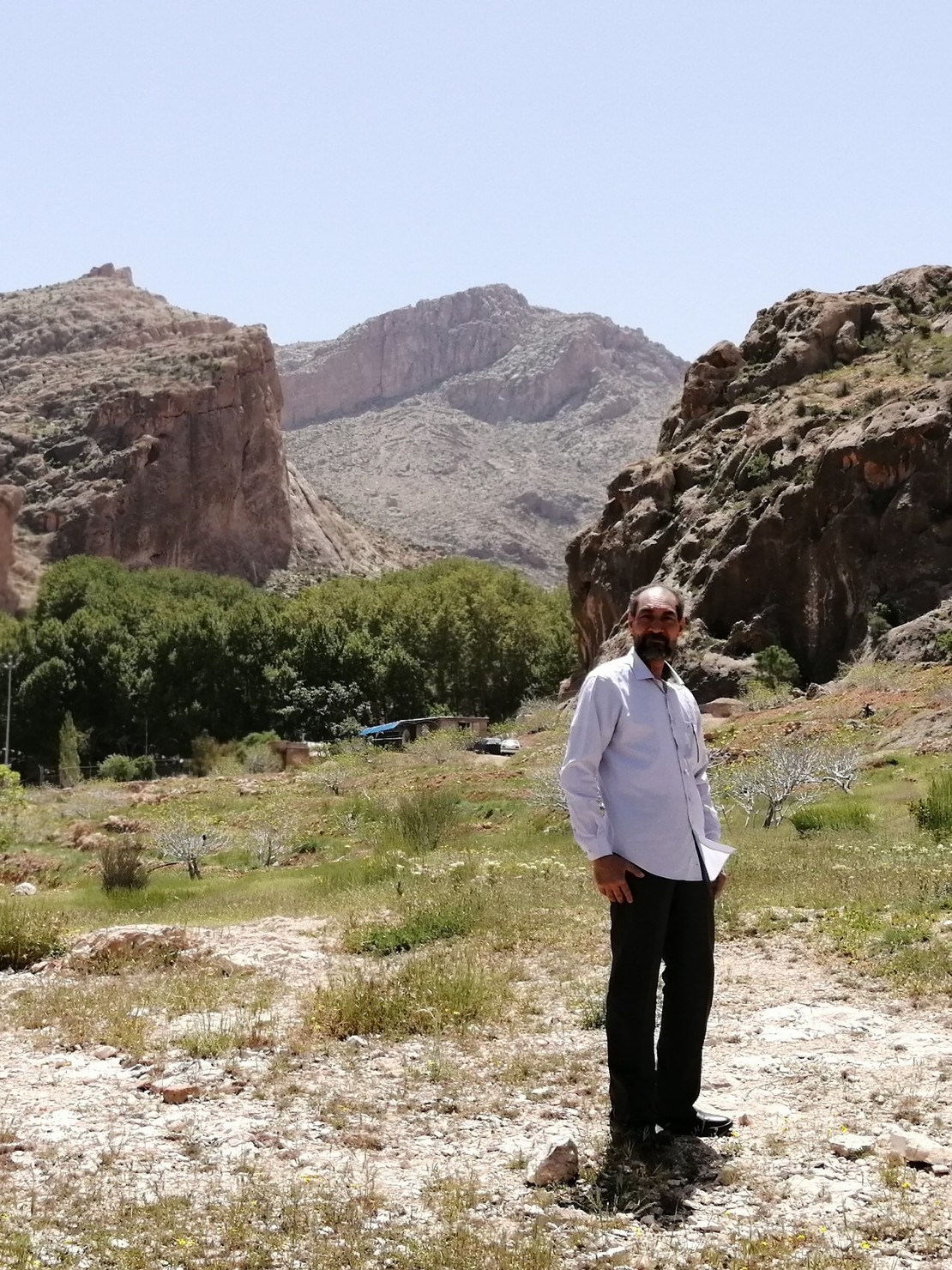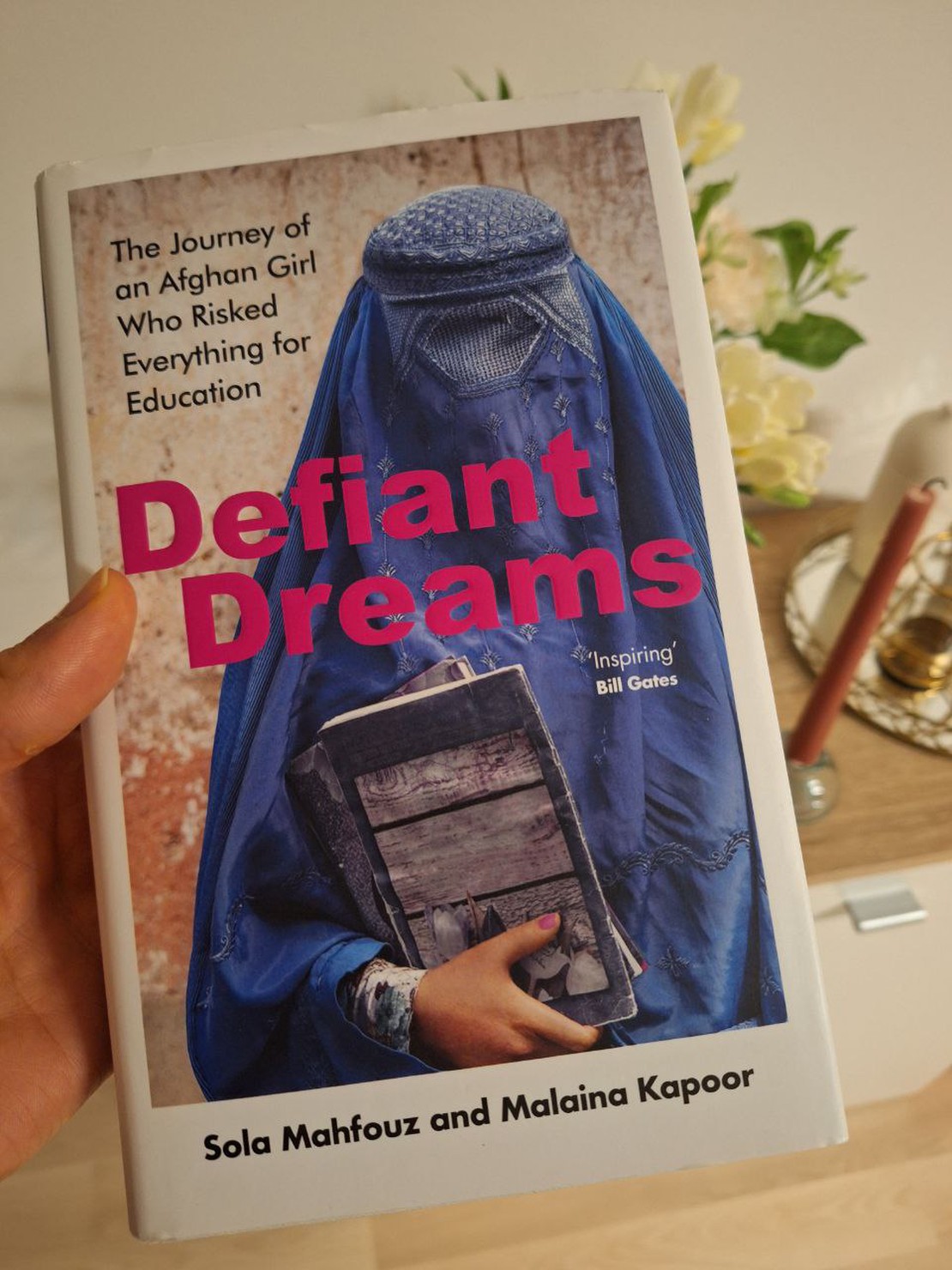
My father Wahid
- Navid Mousavi
- Memoir
- July 26, 2024
My father was born in 1958, and I was born when he was 35. In practice, I have understood the last 25 years of his life. Whatever I know about his life before my birth is rooted in the long and amazing stories he told and the experiences he shared that would send chills down my spine. Including his sudden migration to Iran at 17. Although, he said it was to escape compulsory military service for the Soviet puppet regime in Afghanistan, I never understood the real reason behind. Before that, there were his stories about the contemporary history of Afghanistan and the successive coups during his school days in Kabul, which he witnessed firsthand. He talked about being the top student, his mischief, and how he could defeat several people older than him alone.
About his life in Iran, I know that it had different phases. He experienced various jobs and eventually returned to tailoring, which he had learned in Afghanistan in the seventh grade and had fond memories of, using a charcoal iron and a hand sewing machine. His fascinating stories ranged from his long journeys to India, Pakistan, and Nepal and his bicycle rides in the alleys of Kathmandu and friendship with tourists in the late 70’s, to his tales of transporting weaponry for the Mujahideen fronts against the Soviets in Afghanistan from Iran, surviving each day on just a piece of dry bread, and withdrawing from the fight when it turned into fratricide and conflict among different jihadist factions. I know the contemporary history of Afghanistan through his sweet narration. In his circle of friends, there are those who accompanied him through one or more of these periods. Many of them I have never met, but a few I have.
His relationship with his father, a grandfather I sadly never met, was also fascinating and full of mysteries for me. The story of the first time his father caught him smoking, to how after years in Iran, just when he was ready to migrate to Germany, his father arrived and changed all his life plans, are all breath-taking and better than any novel I have ever read or any movie I have ever seen.
Since 1984, he stayed in Shiraz and was the first Afghan to have a tailoring workshop there, where hundreds learned tailoring under his guidance. He was skilled and a master of his craft, so much that if someone said they had worked in Sayed Mohsen’s workshop, it was enough for their resume. Many times, the Iranian Ministry of Labor shut down his workshop because Afghans are not allowed to live well in Iran and are just allowed to be a simple worker. I vividly remember one such time. It was 1998, if I am not mistaken. My brother Hamed and I were playing in the yard’s pool when some officials came and sealed off his workshop, which was on the first floor of our two-story house. My brother and I were scared, but within a week, he had set up a larger workshop elsewhere. I have never seen anyone with such a fighting spirit and tirelessness. He was unjustly forced to start over from scratch many times, which I pass mentioning. I am his and my mother’s first child, and there are stories of his pact with Shah Cheragh about me being a son. Anyway, since 1993, I had the chance to be by his side, enjoy his stories, and learn from his behaviors to never go cap in hand to anyone and never sell dignity and honor for any price. He never lied, never took what was not his, and never asked for any help. Just as his name “Wahid” described him, meaning alone and independent. For me, he was and will remain for always, the symbol of valiancy and honor.
Despite the fact that he never got the chance for higher education, having migrated after his high school diploma, he placed great emphasis on our education. He had beautiful handwriting and knew Hindi, Urdu, Pashto, and English, in addition to his mother-tongue Persian. He read books and loved debates. I remember that during my childhood time, among Afghan immigrants, there were very few who sent their children to school, and he was often mocked by his fellows for sending us to school instead of putting us to work. During summers, when I went to help in his workshop or tried my hand at tailoring, he opposed it, worrying if I tasted the experience of earning money, I would abandon my studies. Of course, I inherited his stubbornness and fighting spirit and did not let go of the matter until I learned dressmaking. However, I understood well that if my studies were not good, I would face severe consequences.
Because Afghans are not allowed in good schools in Iran, he did everything to enroll us in the best possible schools. From childhood, he sent us to English classes and broadened our world. He also had a strong opinion on the importance of physical training. He slapped me only twice, one of which was when I secretly went to a billiard club instead of going to the gym, and he caught me. I wanted to die of shame for lying to him. It was something like his own story of being caught smoking by his father.
In the beginning of 2020, when I came to Sweden for my PhD, his heart was breaking. On one hand, he knew that if I stayed by his side, all his and my efforts would come to nothing, as I would have to settle for living a life in Iran as a simple immigrant worker. On the other hand, if I left, the separation would torment us. A few months after I left, he had a heart attack, and I was struggling to breathe away from him. Fortunately, he recovered, and in the summer of 2021, I had the chance to visit Iran and see him again for a month. He had weakened but was still running his workshop alone, a workshop that once had several cooks, let alone the number of tailors. That summer was the last time I saw him up close, hugged, and kissed him.
Two months ago, I completed and defended my PhD. However, four months before that, my father had gotten cancer and had kept it from me so as not to disrupt my work while I was deeply involved in writing my dissertation. I do not know how he managed to hide it from me during our calls and conversations so that I did not suspect anything. How he managed to stop my mother and brothers from informing me. Only a father is capable of such selflessness and concern; no one else can be so devoted and caring. Whether his decision was right or wrong, I cannot judge, but I wish I had known earlier. Yesterday (July 25, 2024), cancer defeated my unbreakable hero, and I, thousands of kilometers away, due to Iran visa and residency issues, was left alone with the pain of being useless. A pain that will remain with me for the rest of my life and the regret of not being able to hug him one more time.
Damn war, migration, and homelessness.
Your name, memory, and stories will always live on in me, my dearest father, Sayed Wahid Mousavi.
